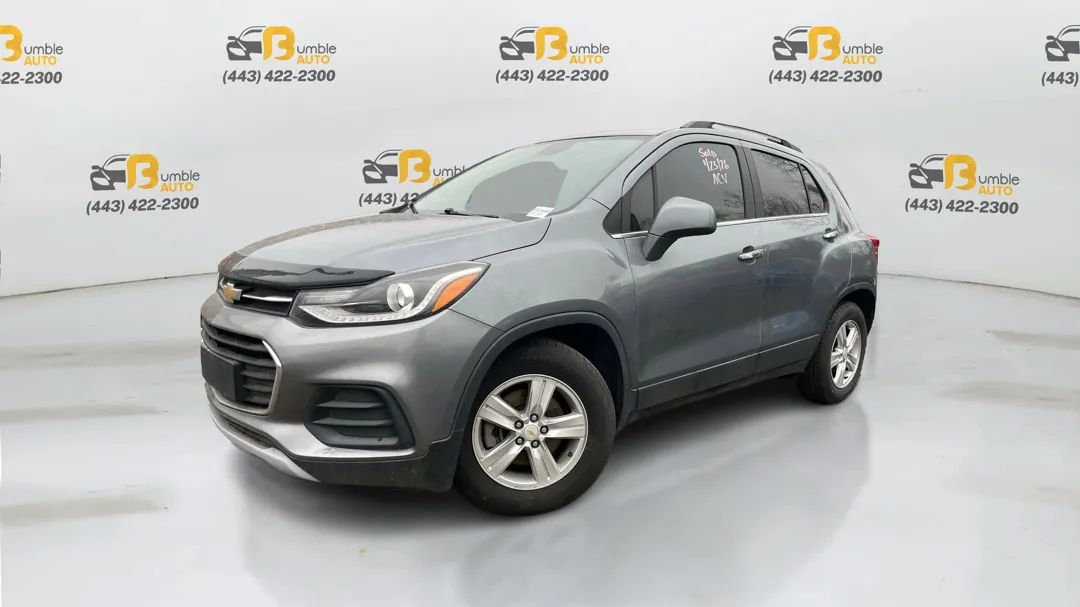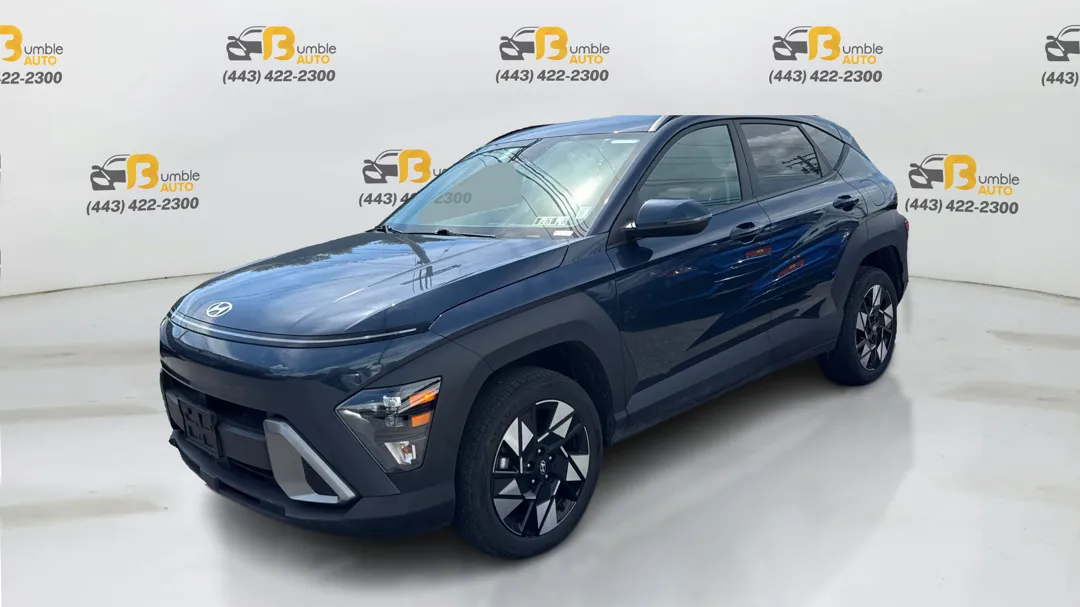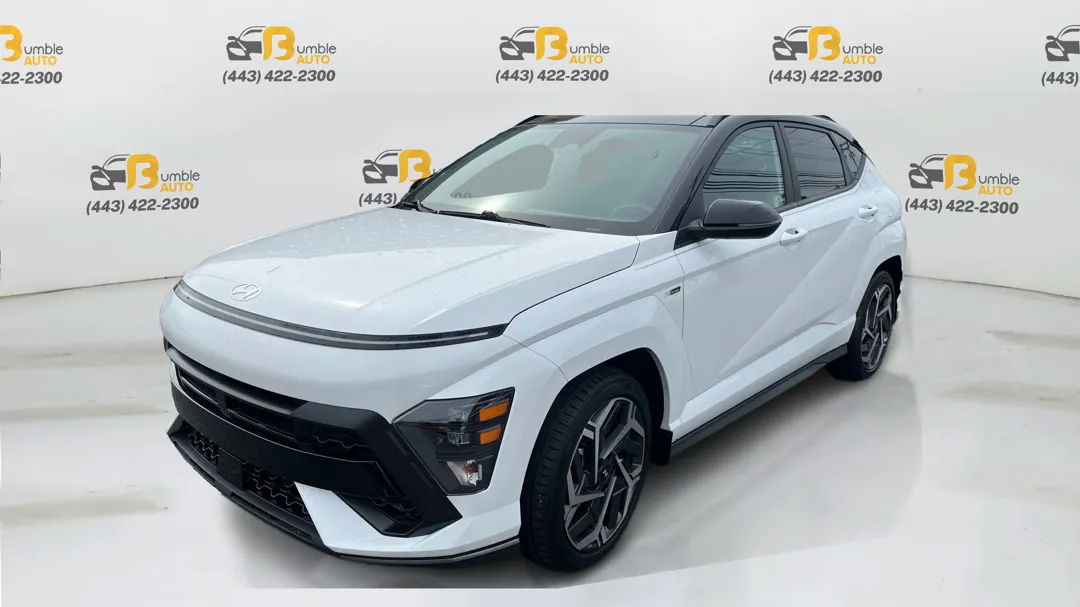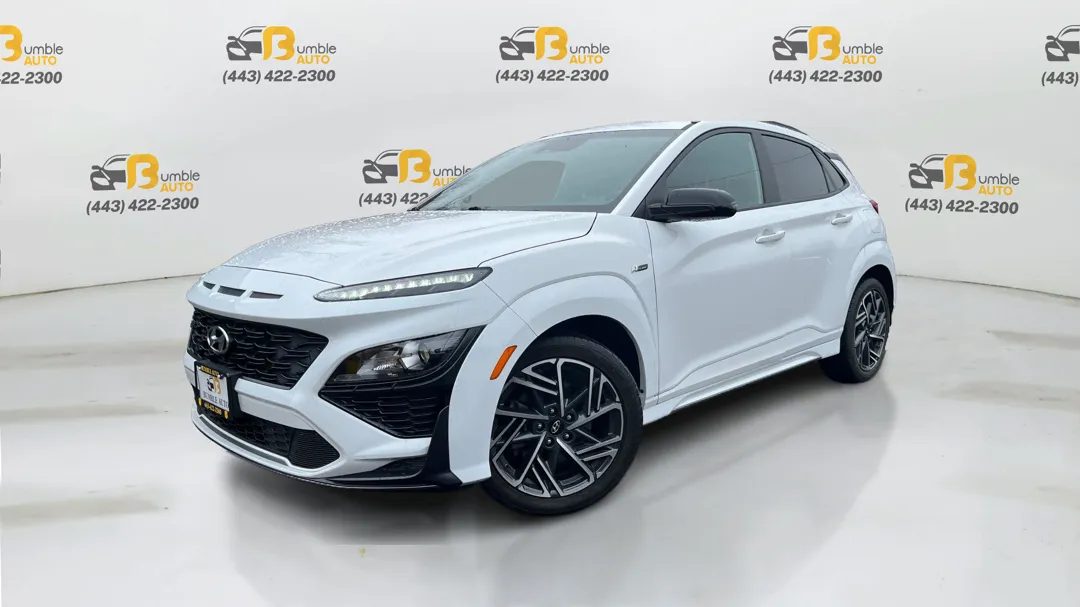How to Research and Evaluate a Used Car Dealer Before Making a Purchase?
Table of Contents
- How to Research and Evaluate a Used Car Dealer Before Making a Purchase?
- The Importance of Researching and Evaluating Used Car Dealers
- Steps to Research and Evaluate a Used Car Dealer
- 1. Checking Online Reviews and Ratings
- 2. Verifying Dealer Credentials and Reputation
- 3. Assessing the Inventory and Vehicle Condition
- 4. Evaluating Customer Service and After-Sales Support
- 5. Pricing and Negotiation Strategies
- 6. Visiting the Dealership and Interacting with Staff
- 7. Checking Online Reviews and Ratings
- 8. Verifying Dealer Credentials and Reputation
- 9. Assessing the Inventory and Vehicle Condition
- 10. Evaluating Customer Service and After-Sales Support
- 11. Pricing and Negotiation Strategies
- 12. Visiting the Dealership and Interacting with Staff
- 13. Additional Factors to Consider Before Making a Purchase
- Financing options
- Return policy
- Extended warranty
- Service history
- Test drive
- Conclusion
- 1. Warranty and return policy
- 2. Financing options
- 3. Trade-in options
- 4. Vehicle history reports
How to Research and Evaluate a Used Car Dealer Before Making a Purchase?

Are you in the market for a used car but wary of dealing with shady dealerships? You're not alone. Researching and evaluating a used car dealer before making a purchase is essential to ensure you're getting a reliable vehicle and a stress-free buying experience. In this article, we will share valuable tips on how to effectively research and evaluate a used car dealer, so you can make an informed decision and feel confident about your purchase.
One crucial aspect of evaluating a used car dealer is checking their reputation and customer reviews. Look for dealerships with positive feedback and a track record of customer satisfaction. Additionally, consider the dealer's longevity in the industry – established dealerships often have more experience and stability.
Researching the dealer's inventory is another key step. Take the time to examine their available cars, checking for details like mileage, maintenance records, and accident history. This information will give you insight into the quality and condition of the vehicles they offer.
By following these guidelines and conducting thorough research, you'll be well-prepared to find a reputable used car dealer and avoid any potential pitfalls. So dive in and get ready to drive off with the perfect used car for your needs.
The Importance of Researching and Evaluating Used Car Dealers

When buying a used car, it's crucial to go beyond the vehicle itself and consider the reputation and credibility of the dealership you're dealing with. A reputable dealer will not only have a wide selection of quality vehicles but also provide excellent customer service and after-sales support. By taking the time to research and evaluate used car dealers, you can avoid potential scams, get the best value for your money, and enjoy peace of mind with your purchase.
Understanding the used car dealerships realities is crucial to avoid potential scams and get the best value.
Steps to Research and Evaluate a Used Car Dealer

Knowing what to do before a used car purchase can significantly enhance your buying experience.
1. Checking Online Reviews and Ratings
One of the first steps in evaluating a used car dealer is to check their online reviews and ratings. Websites like Yelp, Google Reviews, and DealerRater provide valuable insights into other customers' experiences. When searching for an online auto dealer, consider the overall sentiment and patterns in the reviews. Look for dealerships with a high average rating and positive feedback. However, keep in mind that a few negative reviews are common, so focus on the overall sentiment and patterns in the reviews.
Additionally, consider checking social media platforms and online forums for any discussions or feedback about the dealer. This will give you a broader perspective and help you gauge the dealer's reputation among a wider audience.
2. Verifying Dealer Credentials and Reputation
In addition to online reviews, it's important to verify the dealer's credentials and reputation. Check if they are a licensed dealer and if they have any affiliations with reputable automotive organizations. Look for any certifications or awards that reflect their commitment to professionalism and customer satisfaction. For instance, if you’re looking for a top-rated used car dealer in Maryland, consider their online reputation.
Furthermore, consider the dealer's longevity in the industry. Established dealerships often have more experience and stability, which can be an indicator of their reliability. A dealer that has been in business for several years is likely to have a strong reputation and a loyal customer base.
3. Assessing the Inventory and Vehicle Condition
Researching the dealer's inventory is another crucial step in evaluating their credibility. Take the time to examine the available cars and check for details like mileage, maintenance records, and accident history. This information will give you insight into the quality and condition of the vehicles they offer.
You should also consider the variety of makes and models available. A reputable dealer will have a diverse inventory, allowing you to choose from different options that suit your preferences and budget. If a dealer specializes in a specific brand or type of vehicle, ensure that it aligns with your needs and requirements.
4. Evaluating Customer Service and After-Sales Support
A reliable used car dealer should prioritize customer service and provide excellent after-sales support. Pay attention to how the dealer interacts with customers, whether it's through phone calls, emails, or in-person interactions. Are they responsive, knowledgeable, and accommodating? Do they address your concerns and provide clear and transparent information?
Additionally, inquire about their after-sales support, such as warranty options, maintenance services, and any additional benefits they offer. A dealer that goes the extra mile to ensure customer satisfaction will likely provide a positive buying experience and be available to assist you with any future concerns. This is one of the reasons why choose Bumble Auto dealer for your used car purchases.
5. Pricing and Negotiation Strategies
Pricing is a significant factor when purchasing a used car, and it's essential to evaluate the dealer's pricing strategies. Research the fair market value of the vehicles you're interested in and compare them with the dealer's prices. This will help you determine if the dealer is offering competitive prices or trying to overcharge.
Additionally, consider the dealer's negotiation strategies. Are they open to negotiation, or do they have a fixed pricing policy? A reputable dealer will be willing to discuss pricing and work with you to find a mutually beneficial agreement. Be prepared to negotiate and don't hesitate to walk away if the dealer is not willing to meet your requirements.
6. Visiting the Dealership and Interacting with Staff
While online research provides valuable insights, it's equally important to visit the dealership in person. This will give you an opportunity to assess the dealer's physical location, facilities, and the overall atmosphere. A well-maintained and organized dealership reflects professionalism and attention to detail.
During your visit, take the time to interact with the staff. Observe how they treat customers, answer questions, and address concerns. Friendly and knowledgeable staff members are signs of a reputable dealership that values customer satisfaction.
7. Checking Online Reviews and Ratings
Researching and evaluating a used car dealer before making a purchase is crucial to ensure a positive buying experience and a reliable vehicle. By following the steps outlined in this article, such as checking online reviews, verifying credentials, assessing the inventory, evaluating customer service, and considering pricing and negotiation strategies, you can find a reputable dealer and make an informed decision. Remember to conduct thorough research, visit the dealership, and consider all relevant factors before finalizing your purchase. With proper due diligence, you can drive off with the perfect used car for your needs.
8. Verifying Dealer Credentials and Reputation
One of the first steps in researching a used car dealer is to check online reviews and ratings. Thanks to the internet, it's easier than ever to gather information about a dealership's reputation and customer experiences. Websites like Yelp, Google Reviews, and DealerRater provide a platform for customers to share their feedback and rate their experience with a specific dealer.
When reading reviews, it's important to look for patterns and trends rather than getting too caught up in individual negative or positive reviews. Keep in mind that some outliers may exist, but if there is a consistent pattern of negative feedback, it's worth taking into consideration.
Furthermore, don't limit yourself to just one review site. Check multiple platforms to get a comprehensive understanding of the dealer's reputation. Look for dealerships with positive feedback and a track record of customer satisfaction. Positive reviews indicate that the dealer is likely to provide a good buying experience and offer reliable vehicles.
9. Assessing the Inventory and Vehicle Condition
Aside from online reviews, it's crucial to verify the dealer's credentials and reputation. Start by checking if the dealership is licensed and registered with the appropriate authorities. This ensures that they operate within the legal framework and adhere to industry standards.
Additionally, consider the dealer's longevity in the industry. Established dealerships often have more experience and stability. A dealership that has been in business for several years is more likely to have a good reputation and a solid customer base.
You can also check if the dealer is affiliated with any reputable organizations or associations. Membership in organizations like the National Independent Automobile Dealers Association (NIADA) or the Better Business Bureau (BBB) can indicate a commitment to professionalism and ethical business practices.
10. Evaluating Customer Service and After-Sales Support
Researching the dealer's inventory is another key step in evaluating a used car dealer. Take the time to examine their available cars, checking for details like mileage, maintenance records, and accident history. This information will give you insight into the quality and condition of the vehicles they offer.
When assessing the inventory, pay attention to the variety and range of cars available. A reputable dealer should have a diverse selection of vehicles to choose from, catering to different budgets and preferences. This indicates that they have a good network of sources and are likely to offer a wider range of options.
In addition to the variety, inspect the condition of the vehicles. Look for signs of wear and tear, inspect the interiors, and take note of any visible damages. Ideally, the dealer should provide detailed descriptions and clear photographs of each vehicle online. If you have any specific requirements or preferences, make sure to communicate them to the dealer to ensure they can meet your needs.
11. Pricing and Negotiation Strategies
Apart from the quality of the vehicles, evaluating the level of customer service and after-sales support is essential. A reputable used car dealer should prioritize customer satisfaction and provide excellent service throughout the buying process.
Pay attention to how the dealer communicates with you. Are they responsive to your inquiries? Do they provide clear and detailed information? Prompt and transparent communication is a good indicator that the dealer values their customers and is committed to providing a positive experience.
Another important aspect to consider is the after-sales support offered by the dealer. Do they have a service center or a network of trusted mechanics? Are they willing to address any issues or concerns you may have after the purchase? A dealer that offers comprehensive after-sales support demonstrates their commitment to ensuring customer satisfaction even beyond the initial sale.
12. Visiting the Dealership and Interacting with Staff
When evaluating a used car dealer, it's important to consider their pricing and negotiation strategies. Research the market value of the specific vehicle you're interested in to determine if the dealer's pricing is fair and competitive. Websites like Kelley Blue Book and Edmunds can provide valuable information on the average prices of used cars.
Keep in mind that while price is important, it shouldn't be the sole determining factor. A dealer that offers significantly lower prices than others may have hidden issues with their vehicles. On the other hand, a dealer that consistently charges higher prices may be overpricing their cars. Look for a dealer that strikes a balance between fair pricing and vehicle quality.
When it comes to negotiation, be prepared to negotiate the price and other terms. Research and gather information on any incentives, promotions, or discounts that the dealer may be offering. This will give you leverage during the negotiation process. Remember to be respectful and assertive during negotiations, aiming for a mutually beneficial agreement.
13. Additional Factors to Consider Before Making a Purchase

In addition to the steps mentioned above, there are a few more factors to consider before making a final decision. These include:
Financing options
Check if the dealer offers financing options or if they work with reputable lenders. This can make the buying process more convenient and help you find the best financing terms.
Return policy
Inquire about the dealer's return policy in case you encounter any issues with the purchased vehicle. A flexible return policy indicates the dealer's confidence in their vehicles and their commitment to customer satisfaction.
Extended warranty
Consider if the dealer offers extended warranty options, which can provide added protection and peace of mind.
Service history
If possible, ask for the service history of the vehicle you're interested in. This will give you an idea of how well it has been maintained and any potential issues it may have had in the past.
Test drive
Always insist on test driving the vehicle before making a purchase. This will allow you to assess its performance, handling, and overall condition.
By considering these additional factors, you can make a more informed decision and ensure that the used car dealer meets all your requirements.
Conclusion
In addition to the above-mentioned aspects, there are a few more factors to consider before making a purchase from a used car dealer. These include:
1. Warranty and return policy
Check if the dealer offers any warranties or return policies that can provide you with additional peace of mind.
2. Financing options
Research if the dealer offers financing options or if they work with reputable financial institutions to help you secure a loan.
3. Trade-in options
If you plan to trade in your current vehicle, find out if the dealer accepts trade-ins and what their process entails.
4. Vehicle history reports
Ask if the dealer provides vehicle history reports, such as Carfax, that can provide detailed information about a car's past.
Considering these additional factors will help you make a more informed decision and ensure that you have all the necessary information before finalizing your purchase.








